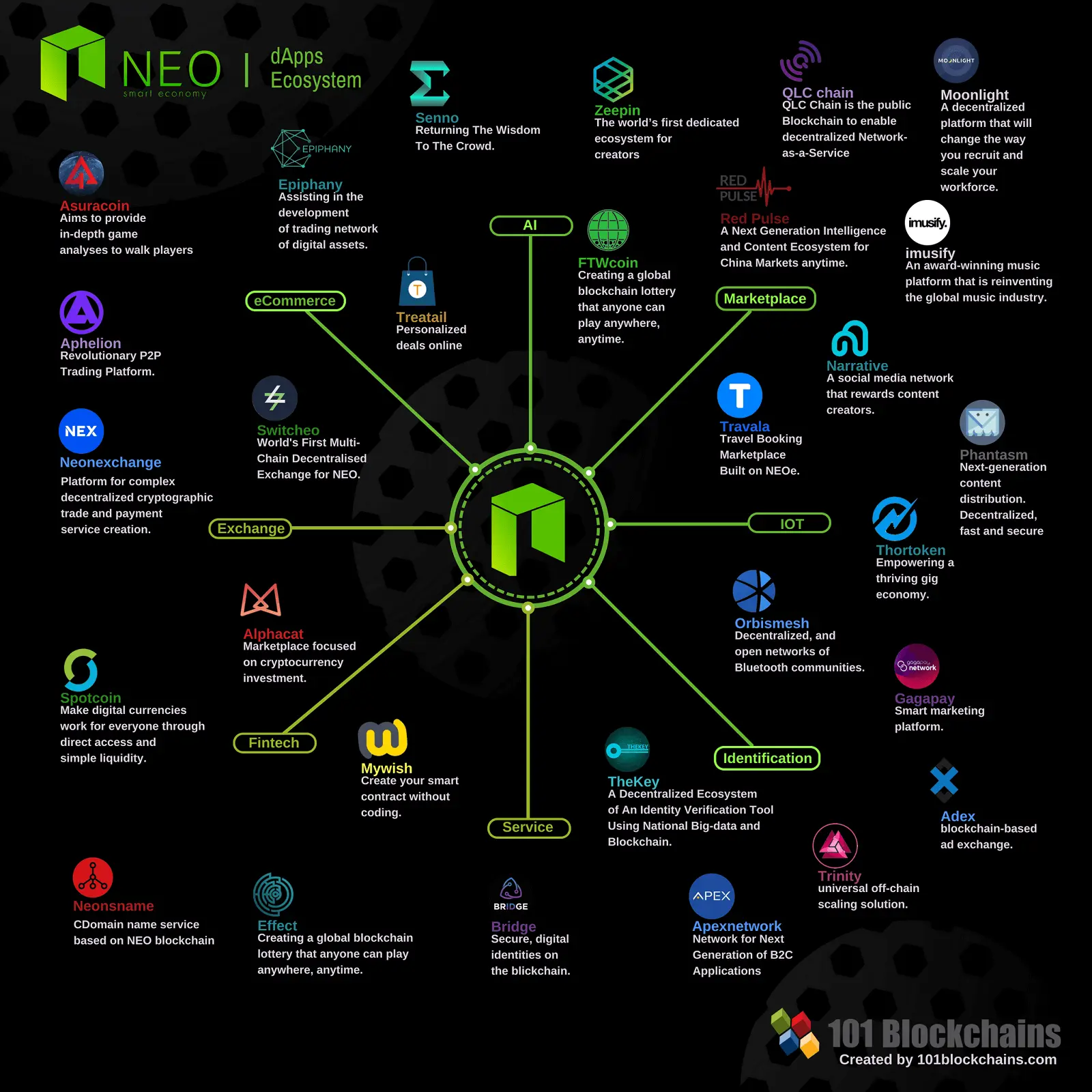Brett Rickaby's Insightful Corner
Exploring the world through news, tips, and intriguing stories.
Decentralized Fortresses: Where Security Meets Freedom
Explore how decentralized fortresses are revolutionizing security and freedom. Discover the future of safety in a digital world!
Understanding Decentralized Fortresses: A New Era of Security and Freedom
The concept of Decentralized Fortresses represents a revolutionary shift in the landscape of security and freedom. Unlike traditional security systems that rely on central authorities, decentralized fortresses leverage the power of blockchain technology and peer-to-peer networks to create robust, resilient infrastructures. This new approach not only enhances data security but also empowers individuals, allowing them greater control over their information and minimizing the risks associated with centralized vulnerabilities. As we delve into this innovative framework, it's important to understand how decentralized fortresses operate and the benefits they provide.
One of the key advantages of this new era of security is the enhancement of user privacy. In a world where data breaches and surveillance are becoming increasingly common, decentralized fortresses offer a compelling alternative. By distributing data across multiple nodes, these systems ensure that no single point of failure exists, making it significantly more difficult for malicious actors to exploit vulnerabilities. Furthermore, as individuals reclaim their digital identities, they stand to gain not only privacy but also a newfound sense of freedom, as they navigate a more secure online environment without the overseers of traditional systems.

Counter-Strike is a popular first-person shooter game that emphasizes teamwork and strategy. Players can choose from various roles, and success often depends on effective communication and coordination. For those looking to enhance their gaming experience, using a cryptocasino.com promo code can offer great bonuses and rewards.
The Benefits of Decentralization: How Fortresses Enhance Personal Safety
Decentralization plays a crucial role in enhancing personal safety, particularly in the context of modern **fortresses** that prioritize individual security. One of the primary benefits is the reduction of a single point of failure. In traditional centralized systems, a breach or failure can endanger an entire community. However, decentralized fortresses distribute risk among various nodes, ensuring that if one aspect is compromised, others remain secure. This layered approach allows for a more resilient safety net, where individuals can collectively contributing to their own protection, resulting in a fortified environment that enhances overall safety.
Furthermore, **decentralized fortresses** promote individual empowerment. In a decentralized paradigm, individuals take active roles in devising and implementing their safety measures. This can include community-led initiatives such as neighborhood watch programs, online security education, or even group investments in local defense technologies. Engaging people in their own security processes not only fosters a greater sense of responsibility but also builds stronger community bonds. As people collaborate and innovate around safety, the sense of security increases, creating a fortified environment that is hard to breach.
Are Decentralized Solutions the Future of Online Security?
The advent of decentralized solutions marks a significant shift in the landscape of online security. With traditional security models often relying on central authorities, they become prime targets for cyberattacks and data breaches. Decentralized solutions, on the other hand, distribute data across a network of nodes, minimizing single points of failure. This architectural change not only enhances security but also empowers users by giving them control over their own data. As the digital world continues to evolve, such innovations are likely to play a pivotal role in shaping a more secure online environment.
Moreover, decentralized technologies such as blockchain and peer-to-peer networks are proving to be more resilient against threats like hacking and unauthorized access. According to recent studies, systems utilizing decentralized solutions have demonstrated significantly lower rates of data breaches compared to their centralized counterparts. As awareness around privacy and data security grows, businesses and individuals alike are beginning to recognize the advantages of decentralization. Ultimately, the question is not whether decentralized solutions will become an integral part of online security, but rather how quickly they will replace outdated systems.